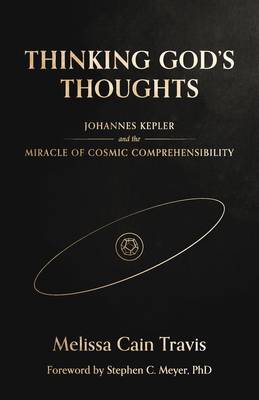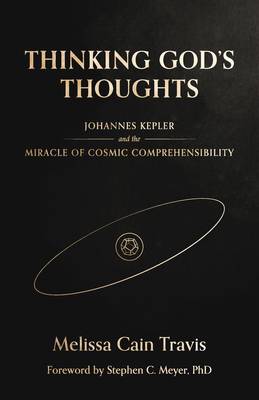
- Retrait gratuit dans votre magasin Club
- 7.000.000 titres dans notre catalogue
- Payer en toute sécurité
- Toujours un magasin près de chez vous
- Retrait gratuit dans votre magasin Club
- 7.000.000 titres dans notre catalogue
- Payer en toute sécurité
- Toujours un magasin près de chez vous
Thinking God's Thoughts
Johannes Kepler and the Miracle of Cosmic Comprehensibility
Melissa Cain TravisDescription
Why is the cosmos intellectually accessible to the human mind?
A host of philosophers, theologians, scientists, and mathematicians of the Great Western Tradition have been struck by the uncanny interconnection between three fundamentally distinct domains of reality: nature, mathematics, and the human mind. This resonance has been discussed since antiquity and often attributed to a transcendent rational source of both material and immaterial aspects of reality. Johannes Kepler, a devout Christian who was greatly influenced by this intellectual tradition, was instrumental in transforming classical astronomy into a true celestial physics. He was convinced that a tripartite harmony of archetype, copy, and image explained the interconnections that made his natural philosophy possible-that allowed him to share in God's own thoughts. Rather than being diminished by the past few centuries of scientific progress, Keplerian natural theology is a more robust explanation of cosmic comprehensibility than ever before.
Spécifications
Parties prenantes
- Auteur(s) :
- Editeur:
Contenu
- Nombre de pages :
- 370
- Langue:
- Anglais
Caractéristiques
- EAN:
- 9781944482763
- Date de parution :
- 05-12-22
- Format:
- Livre broché
- Format numérique:
- Trade paperback (VS)
- Dimensions :
- 140 mm x 216 mm
- Poids :
- 426 g







